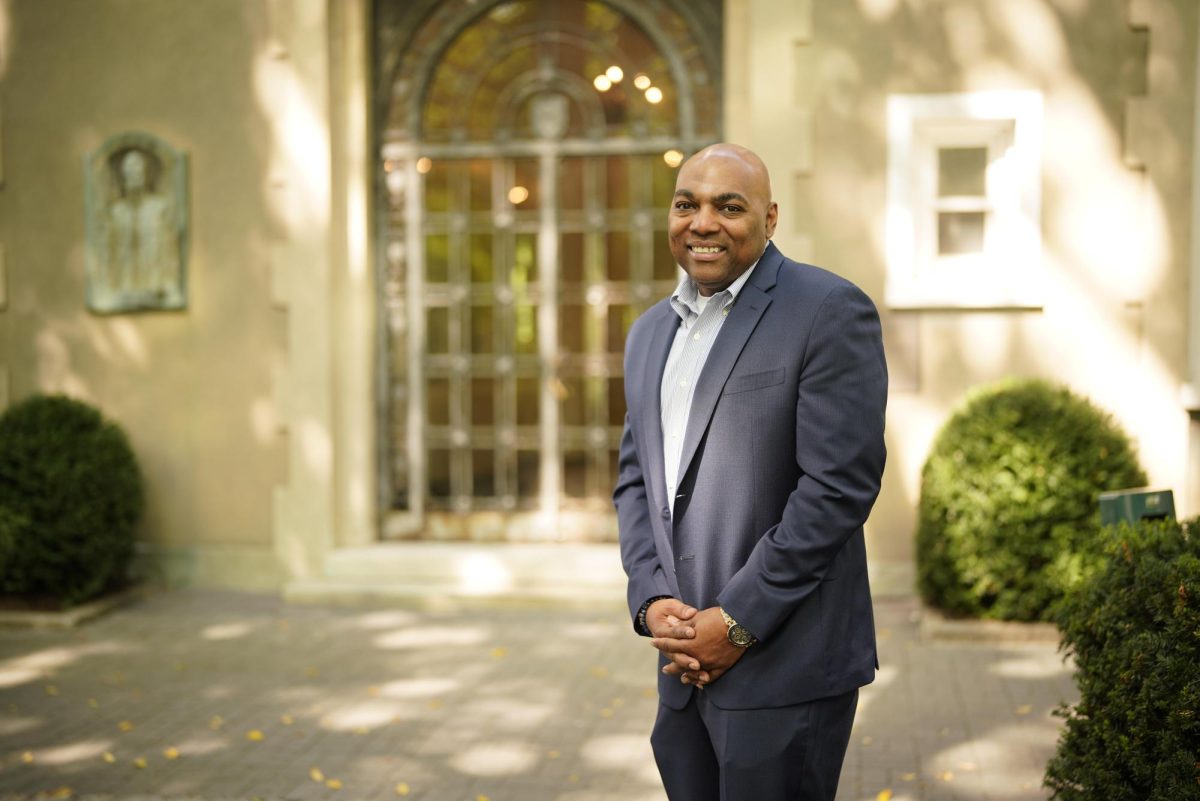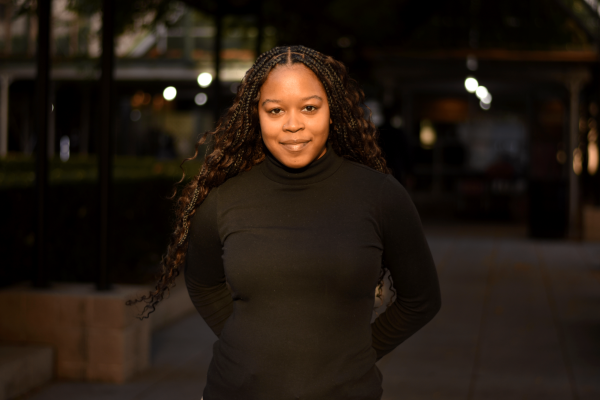Numerous American corporations and organizations have discontinued diversity, equity and inclusion (DEI) programs, including Amazon, Meta and the FBI. However, Fordham Vice President for Equity and Inclusion James Felton III said in an email on Friday, Jan. 17, that the university will not roll back its programs designed to ensure diversity.
DEI departments and similar programs are implemented to prevent workplace discrimination and broadly ensure the protection of civil liberties. Ahead of President Donald Trump’s inauguration on Monday, Jan. 20, American corporations began reshaping, and in some cases eliminating, initiatives surrounding diversity, equity and inclusion.
Trump has openly condemned DEI practices throughout his political career. Under his first term he banned federal contractors from engaging in DEI training with an executive order in Sept. 2020, claiming that such policies “promote division and inefficiency.” During his 2024 campaign, Trump promised to remove “all Marxist diversity, equity, and inclusion bureaucrats” from government offices, working to eliminate federal spending on DEI efforts. Vice President J.D. Vance sponsored the Dismantle DEI Act of 2024 in the Senate which would ban DEI programs and funding in the federal government if passed.
“Fordham’s DEI goals and initiatives are always evolving to meet the needs of our community, but our commitment to equity and inclusion remains unwavering.” James Felton III, Vice President for Equity and Inclusion
In an internal memo sent to Amazon employees on Dec. 16, the e-commerce giant announced that it would be “winding down outdated programs and materials,” including the discontinuation of many DEI initiatives. The company said it will work to replace them with programming that will more effectively foster a culture of inclusion.
On Jan. 6, McDonald’s announced the cancellation of specific goals for diversity within leadership levels and the end of programming that encourages suppliers to develop diversity leadership training. A spokesperson for the fast-food chain attributed this change to the shifting legal landscape of today.
This comes after the Federal Bureau of Investigation closed its Office of Diversity and Inclusion in December of 2024, one of the latest organizations to do so. According to Forbes, the DEI office at the FBI was “a frequent target of attacks by Republicans,” leading many to believe this prompted the FBI’s decision.
Jyonnah Ware, Fordham College at Lincoln Center (FCLC) ’28, finds the recent pattern of altering DEI initiatives “nerve wracking” and views these changes as a part of a broader problem. She believes that the death of George Floyd in 2020 prompted a pattern of performative advocacy within corporations, leading to the ease in the abandonment of these policies.
“People were angry that they weren’t being heard. And I think that corporations saw that, and they used that to calm people down,” Ware said. “Because it’s now who the president is, these corporations feel more comfortable just saying, ‘okay, we don’t need that anymore.’ You don’t need to seem like they’re doing the work anymore.”
Some American universities have begun altering or erasing their DEI initiatives post-election. In Dec. 2024 The University of Michigan ended its requirement for diversity statements as part of the school’s hiring process.
Alterations made to legislation regarding DEI initiatives would transform policies on all levels, including those on Fordham’s campus.
While Fordham will have to comply with any federal changes made to DEI guidelines, Felton shared that Fordham’s guidelines are continuously changing to adapt to the school’s community. Felton said that Fordham remains focused on protecting its students and ensuring their rights receive respect and protection on campus.
“Fordham’s DEI goals and initiatives are always evolving to meet the needs of our community, but our commitment to equity and inclusion remains unwavering,” Felton wrote.
When looking to the future, Felton said that Fordham intends to remain committed to DEI as a tool for growth on and off campus.
“The goal is not to abandon DEI but to refine and strengthen it in ways that resonate with everyone in our community,” Felton said.
Ware said she felt assured by Felton’s statement, but wants to see tangible work being done before fully putting faith in Fordham’s initiatives.
“There’s only so much value in words. It really takes action to make s— happen, because actions speak louder than words,” Ware said.
Fordham remains committed to former University President Rev. Joseph McShane, S.J.’s 2020 action plan to address racism. After the Supreme Court overruled Affirmative Action protections, Fordham welcomed the class of 2028, the most diverse class in the university’s history.
CORRECTION: A previous version of this article incorrectly wrote that James Felton III was the equity and inclusion chair instead of the vice president for equity and inclusion. This article has been updated to correctly reflect Felton’s title.


